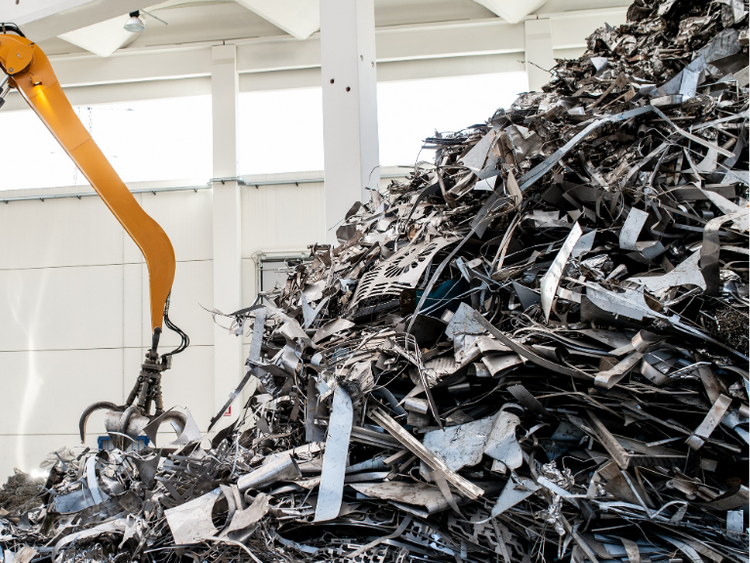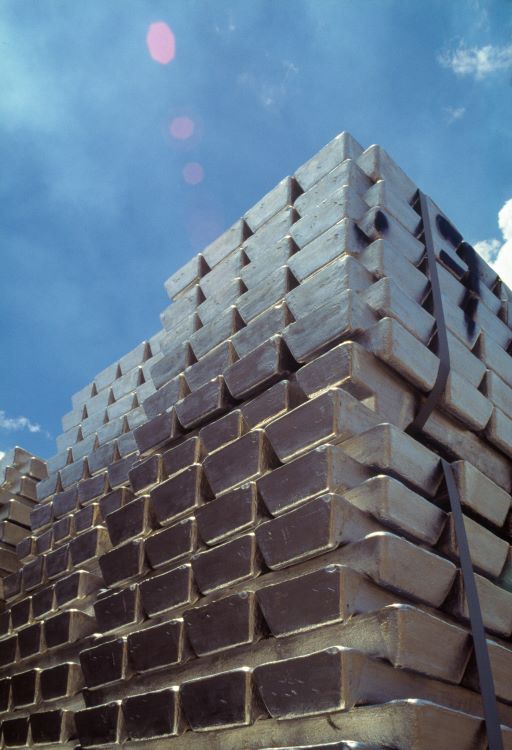Aluminum Scrap Markets

April 22, 2025
Court of International Trade sets limits on extrusion duty appeals
Written by Nicholas Bell
The Court of International Trade (CIT) set a tone for future trade fights on aluminum extrusions.
It flew under the radar on Friday as people were already amid a three or four-day weekends and base metals exchanges were on holiday, but the U.S. Court of International Trade (CIT) rejected a challenge from the Aluminum Extruders Council (AEC), according to a April 18 court filing.
The case focused on how the US International Trade Commission measured aluminum extrusion imports and interpreted material injury – specifically regarding imports from the Dominican Republic, which accounted for about 7% of U.S. aluminum bars, rods, and profile imports in 2024.
In a surprise move, just the US Commerce Department (DOC) and International Trade Commission (ITC) finalized duty rates on 14 countries named in the AEC’s petition, they reversed course in November 2024. After months of preliminary findings affirming injury and assigning specific anti-dumping (AD) and countervailing (CVD) duties – including rates as high as 147% for some countries (and higher for companies based in China) – the agencies issued a final determination pulling the plug on the entire case.
The AEC responded by filing a motion claiming that the ITC improperly dismissed Dominican import volumes as “negligible” and adjusted official data in a way that downplayed market injury. The court disagreed – ruling that the ITC acted within its authority – and crucially, that “collection of data using the scope of the investigations at the time of the vote” was lawful as well as the “refusal to speculate as to future scope (of the investigation of the market) changes”.
Though the Dominican Republic was just one of the 14 countries in the original investigation, the decision could set a precedent. The AEC’s arguments challenged how the government evaluates import volumes and injury – hoping to reopen parts of the reversed ruling.
If that logic fails in this motion before the court here, future challenges – especially regarding countries that export significantly more extrusions to the US than the Dominican Republic, could face an even steeper climb
The AD/CVD case settled just ahead of the new Trump administration and the subsequent spree of tariff decisions and possible tariffs – some targeting the same countries and broader aluminum trade.
If trade flows shift in response to the web of reciprocal tariffs proposed since the closure of the AD/CVD case, the path to proving injury retroactively could get even harder. And if countries are exempted from Trump-administration tariffs on a case-by-case basis, while others face steep levies, it could distort the competitive landscape even further than the initial AEC petition claimed and give the remaining exporters greater leverage in a less crowded market.
The ruling might not be the last word – but it’s a signal on where future cases my land.








